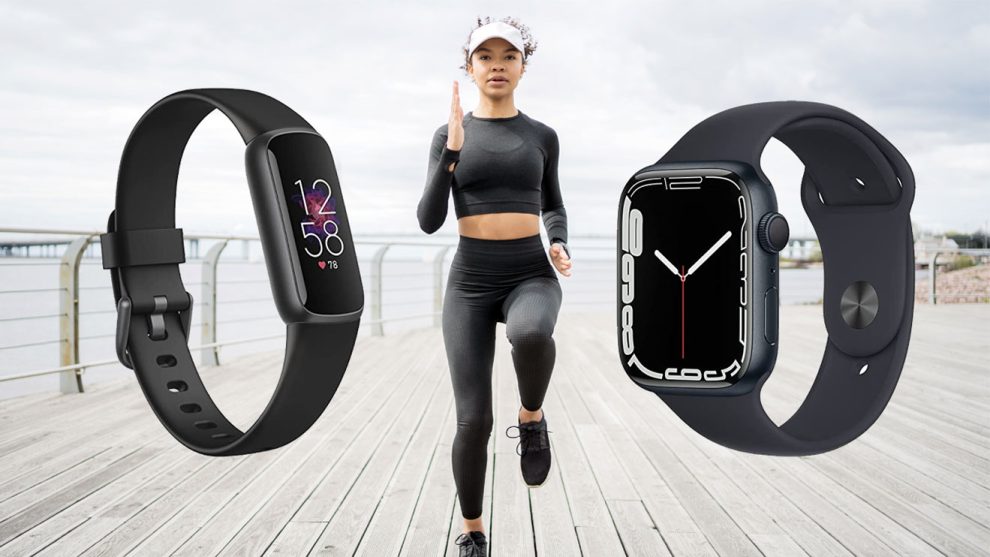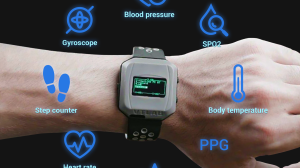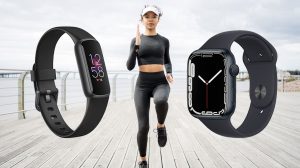The world of wearable technology offers a variety of options to help you monitor your health, stay connected, and enhance your daily life. Two popular choices are smartwatches and fitness trackers, each designed to serve distinct purposes. In this article, we’ll explore the differences between smartwatches and fitness trackers to help you decide which one is the right fit for your needs and lifestyle.
Smartwatches: The Multi-Purpose Wearable
Smartwatches are versatile wearables that combine the functions of a traditional watch with the capabilities of a mini-computer. Here are some of their key features:
- Notifications and Connectivity: Smartwatches can sync with your smartphone, providing real-time notifications for calls, messages, emails, and social media alerts. They allow you to stay connected without constantly checking your phone.
- Apps and Customization: Most smartwatches support third-party apps, allowing you to extend their functionality. You can use apps for everything from fitness tracking and navigation to weather updates and music control.
- Health and Fitness Tracking: While not as specialized as fitness trackers, many smartwatches offer health and fitness tracking features. They can monitor your heart rate, track steps, and even provide guided workouts.
- Fashion and Style: Smartwatches are designed with aesthetics in mind and often come in various styles, materials, and customizable watch faces. They can be suitable for both casual and formal occasions.
- Battery Life: Smartwatches typically have shorter battery life compared to fitness trackers, often requiring daily charging.
Fitness Trackers: Focused Health Monitoring
Fitness trackers are dedicated to monitoring and improving your physical well-being. Here are the primary characteristics of fitness trackers:
- Activity Tracking: Fitness trackers excel at monitoring physical activity. They track steps, distance, and calories burned with high accuracy.
- Heart Rate Monitoring: Most fitness trackers provide continuous heart rate monitoring. This feature is valuable for exercise intensity tracking and detecting irregular heart rhythms.
- Sleep Tracking: Fitness trackers often include detailed sleep analysis. They monitor sleep duration and quality, helping you make improvements to your sleep patterns.
- Long Battery Life: Fitness trackers typically have longer battery life compared to smartwatches, often lasting up to a week or more on a single charge.
- Simplicity: Fitness trackers are straightforward and easy to use. They focus on core health metrics without the distractions of smartphone notifications.
Which One Is Right for You?
Choosing between a smartwatch and a fitness tracker depends on your lifestyle and priorities:
- Smartwatches are ideal if you want a multi-purpose wearable that offers comprehensive connectivity, app support, and a range of features. They are suitable for those who value style, and staying connected is a priority.
- Fitness trackers are the right choice if you are primarily focused on health and fitness monitoring. They provide precise activity tracking and heart rate monitoring, making them perfect for individuals with an active lifestyle.
Remember that some high-end smartwatches, such as those from Apple and Samsung, offer a blend of smart features and robust fitness tracking. The decision ultimately comes down to your individual preferences and the specific features that best align with your daily needs. Whether you opt for a smartwatch or a fitness tracker, wearable technology has something for everyone, helping you lead a healthier and more connected life.












Add Comment